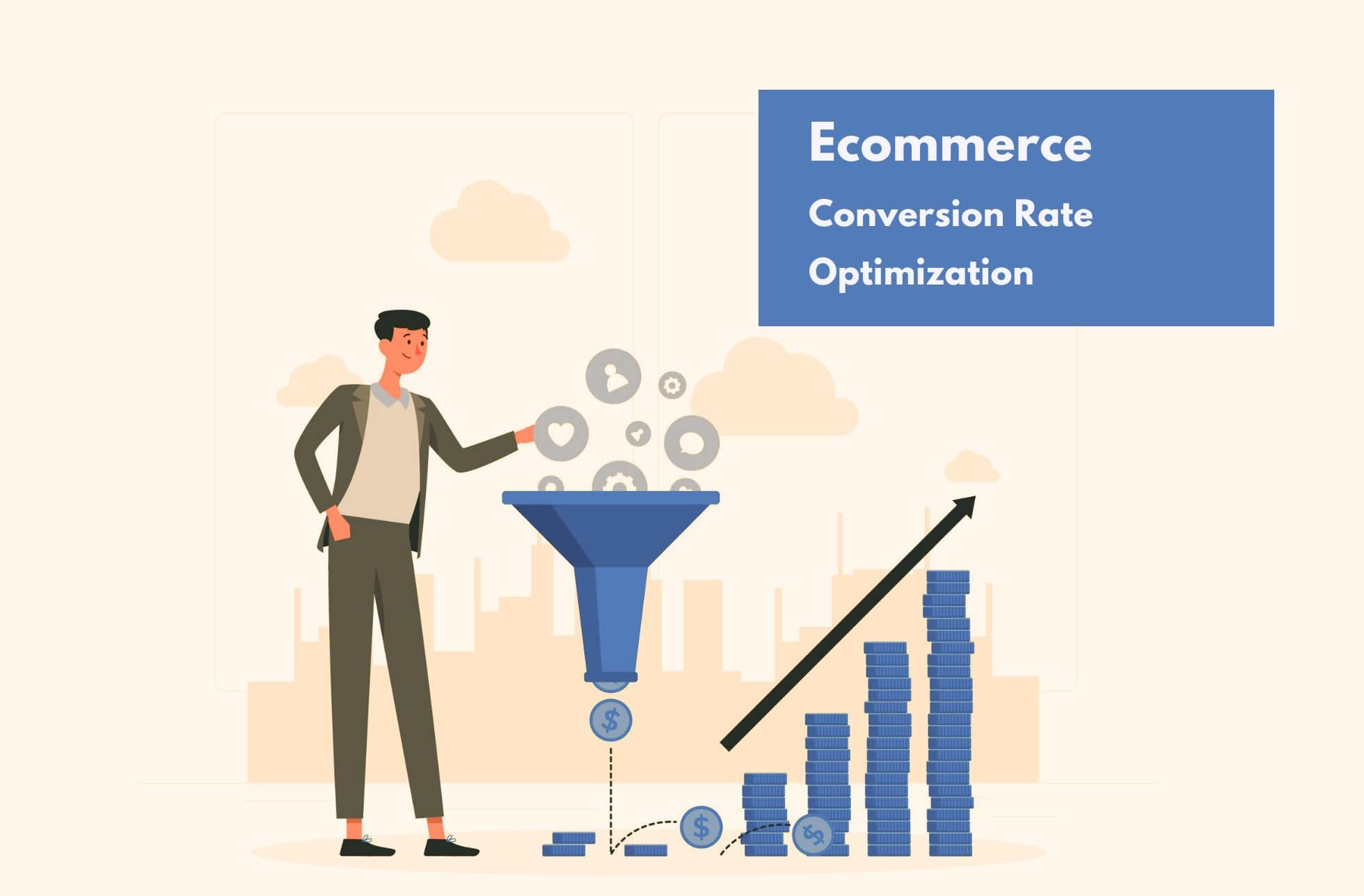It’s hard to believe that a few short years ago, the thought of being able to order groceries online was far-fetched bordering on science fiction. However, online shopping is exponentially taking over the marketplace, putting brick and mortar stores out of business at an increasing rate.
From a business perspective, online sales is about more than selling to customers. A business must understand the buyers’ behaviors and motivations, and what they’re experiencing while they shop. Through e-commerce logging, a business can access site data and use it to make decisions. Here are the many reasons why this information is crucial to success.
Assessing User Experience
If there’s one thing that hasn’t changed in terms of importance during shopping, it’s prioritizing user experience. In a brick and mortar store, that might mean having proactive store clerks ready to help customers out or a layout optimized to help consumers find what they need. In an online store, that means pages that load quickly, a site that’s easy to navigate, and a streamlined checkout process.
Using e-commerce logging, you can identify which areas aren’t performing optimally, damaging your user experience and limiting your sales potential. For example, if a page is loading slowly, you’ll be able to determine what’s going wrong and correct it quickly. Alternatively, if you notice a lot of people leaving the site after visiting a certain page, you can address that page for optimization.
Identifying Problems with Precision
Using a tool like journalctl (see how journalctl can be used) can help you take a proactive approach to solving issues as they arise. Not only will it identify when there’s a problem, but your logging system will be able to show you when the problem occurred, what went wrong, where on the site the problem is taking place, and give you the diagnostics you need to address it right away.
When it comes to running an e-commerce site, time is money. We live in a society that values instant gratification, and if they encounter a problem, there’s a good chance they’ll click away and never come back. Having all the details about a problem in a log shortens the time it takes to correct the issue, keeping your customers happy.
Customer Demographics
E-commerce logging can give you valuable insights about your customers. For example, looking at their geolocation can tell you where in the world your customers are shopping from, allowing you to work with your marketing team to ensure your advertising is catered to that area.
Logs can also help you determine when your site is most active and what time of day people are on it the most. This can help you ensure that your site is ready for those high-traffic moments and create advertising campaigns and site experiences that will optimize on those high traffic times.
Cybersecurity
Not only do you want to keep your e-commerce site running smoothly, you want to have it running safely. As a part of that, you need to protect both your information and the personal information your clients share with the site as they make a purchase.
Having proper logging protocols in place can help you identify any attempted cyber attacks or weak areas that are susceptible to an attack. These functions help your customers feel confident about sharing their personal information.
As you can see, e-commerce logging and tracking your business data is crucial for success. Take a proactive approach and you’ll see the results as money in the bank.





